I’m happy to report that our trip to Malawi could not have been more successful! After three and a half long years apart, it was so good to see Snoden and his family thriving more than ever. Their focus is obvious, and they really appear to be growing in their roles as administrators. Snoden oversees all school construction projects and is in charge of hiring teachers and staff for farming the crops. Susan is the lead teacher in charge of curriculum and runs the feeding program. Their fourteen-year-old daughter, Angela, is attending a boarding school one hour away and loves her classes and her teachers. Her favorite subject is English, and she always smiles when she tells me she wants to be a teacher like her mom when she graduates. Their eight-year-old son, Arthur, is a pistol. I think he is on track to be the next president of the country. He is bright and articulate and very personable. He is in the third grade at the HUGS (Hand Up for Growth and Success) campus.
When we arrived at the campus, I asked Snoden to simply allow us to observe daily operations. Susan and Chifundo started to prepare breakfast at 5am. The children started arriving at 7:00, and breakfast was served at 7:30. My sixteen-year-old nephew, Adam, helped serve some of the food. It was moving to see God at work in Adam’s heart as he passed out plates of oatmeal to the five and six-year-old students. It’s hard to articulate his expression and what an emotional experience it was. I’m convinced that the feeding program is holy ground. Jesus walks among us as we get to participate in the privilege of helping the least of His people. It’s like we are handing the food to God Himself. I’m reminded of what Jesus says in Luke 25, that when you fed the poor, you fed Me.
After the kids finished eating, there was a fifteen-minute devotional. Snoden (without preparing me) asked if I would deliver the message to the entire student body, the teachers, and a few bystanders (mostly children who are waiting to be added to our program. They were peeking under the gated entrance to our two-and-a-half-acre campus). In typical African fashion, Snoden gave me about thirty seconds to get my message ready. Even though I wasn’t prepared, it didn’t seem to matter to anyone (probably because spiritually hungry people eagerly listen to God’s word with gratitude). I don’t even remember exactly what I said, but I know I shared the gospel, and I know I was honored to do it. When I finished, there was some applause and then one of the teachers yelled out, “We are marching!” and the whole student body started moving their legs in place as they slowly gravitated to their classrooms in orderly fashion. It was clear that this is something they do every morning, and it warmed my heart to see these healthy little faces filled with a sense of purpose and belonging. It reminded me of six years ago, when we first moved to Malawi. Someone told me that the AIDS epidemic a few years prior had wiped out an entire generation of Malawians and left an abandoned generation of children to raise themselves. What I witnessed when I got to the village in 2017 impacted me so much I have not been able to forget it.
A little girl named Memory was a four year old, whose parents had both died. My first impression of Memory was that the expression on her face looked bankrupt. There was no life to it. Her eyes were glazed over like someone who had just witnessed an atrocity. We soon discovered she was being abused by a relative at the home where she was staying. Another little boy named Chisomo suffered from chronic headaches because his mom couldn’t buy or access enough water for him to drink. We learned that one boy named Hassam suffered from asthma attacks. Samantha gave the boy’s father her personal inhaler. Soon after, we found out he sold the inhaler to buy food. Sadly, Hassam passed away a few months later.
I can’t ever stop thinking, “What if my three boys were left alone with no one to care for them and no food to eat? What if Samantha and I just passed away one day and there was no one to help? No programs to help. No police. No social workers.” I don’t know the answer. I only know they need help.
Once classes began, Snoden and I took measurements for where to construct the third and fourth grade classrooms. Arthur’s class meets underneath a tree, so construction is time sensitive. The rain comes in late October and stays until February. I had enough money to start the foundation, but not enough to finish the project. We are needing another $9,000 for the third grade to be completed.
We also discussed where to build a kitchen to prepare food. We are currently using a shelter made of four posts and some thatch for a roof, with a large pot to cook the food over a campfire. Our program is expanding, and it’s not safe or efficient to have so many children near the open fire. The kitchen and serving area will be at the center of the campus. We are hiring an engineer to take measurements and help us with the design. We will need to raise money for the project, and my hope is to start construction by the end of this year.
Six months ago we were able to build a storage unit next to Snoden’s house. It has two rooms with about 500 square feet. In one room we have stored the recently harvested maize flour and the other room stores everything else from classroom materials to miscellaneous tools. There is a pressing need for more storage space for food and kitchen wares. Thankfully, we were able to broker a meeting with the neighbor who shares a wall with us, and she has agreed to sell us her small property, which is just large enough for another storage building. At the same time I was wondering how we would pay for it, I got an email from our bookkeeper in Texas saying that a donation came in to cover the amount. Praise God! We are now trying to raise money for the storage building itself. The estimated cost is $10,000.
The next day we drove thirty minutes away to visit the farm acreage that was purchased last year. Snoden told me he purchased six acres, but when we arrived and he marked the boundary, the property is much larger. Turns out, instead of acre, he meant to say hectare, which is fifty percent bigger than an acre. So HUGS actually owns nine acres of farm land! We’ve been using this property to grow food to offset costs for the feeding program. We are growing corn, sweet potatoes, beans, sugar cane, tomatoes, mustard greens, and lettuce. More acreage is for sale and we hope to acquire up to twenty-five acres, where we plan to eventually build a boarding school for our older students.
When we arrived at our small campus, one of the first things that caught my attention was just how healthy the children looked compared to those on the street. It takes about thirty minutes to drive there from the city of Lilongwe. During the drive, we see hundreds if not thousands of children, all of whom serve as a reminder of what our kids looked like before they were adopted by HUGS for Tomorrow. Some of them have torn clothes, most don’t have shoes, many are filthy, but all of them see our van and seem to hope we will look their way. It hurts to know that we cannot possibly care for all of these kids just yet. With your help though, we pledge to continue to advocate for and teach as many of the children as possible the gospel of Christ in word and deed.
—
John Jewell
VP for Student Life
York University
(402)363-5753 Studentlife@york.edu

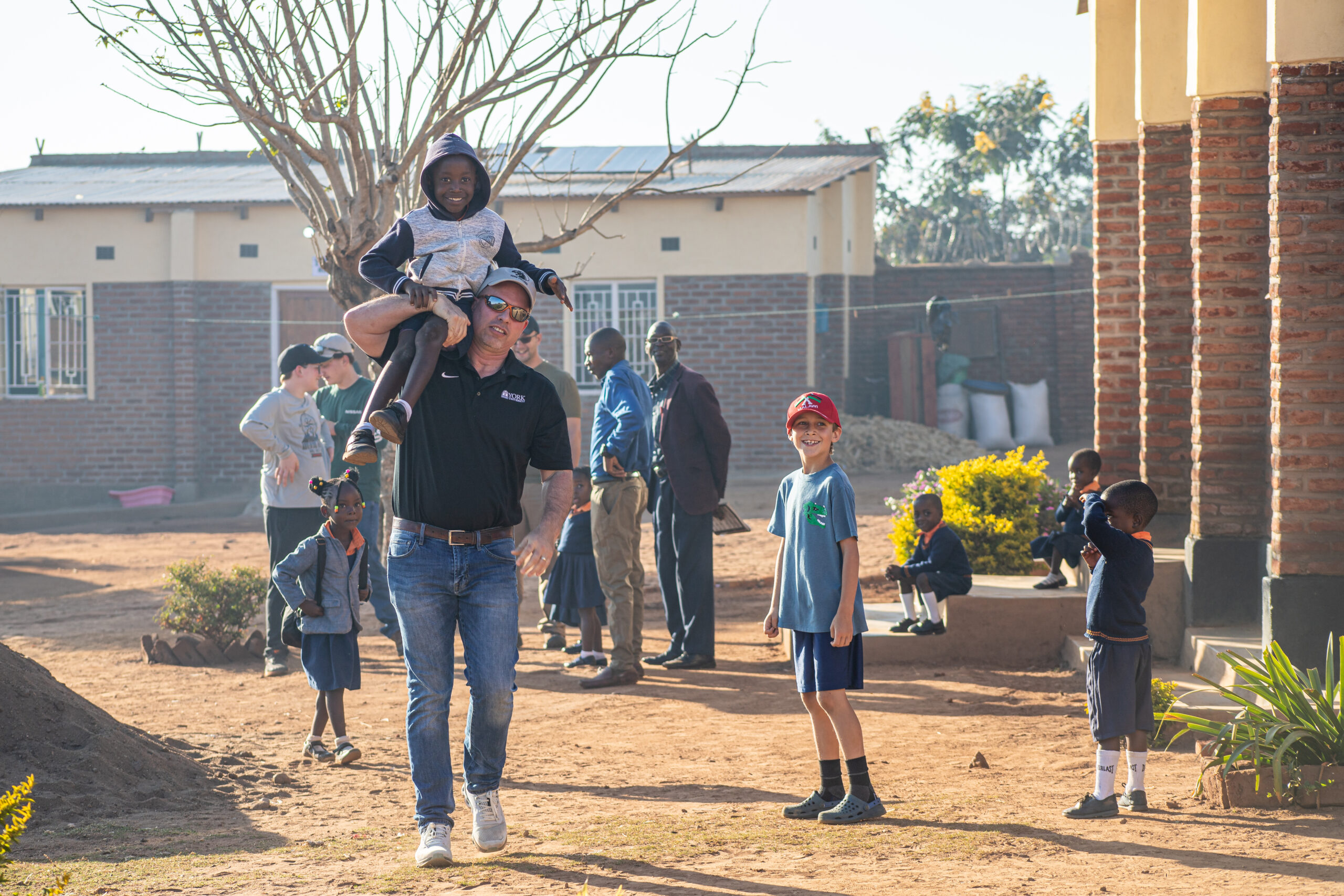

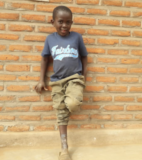
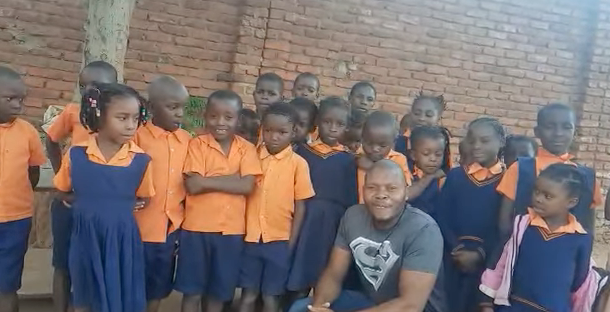
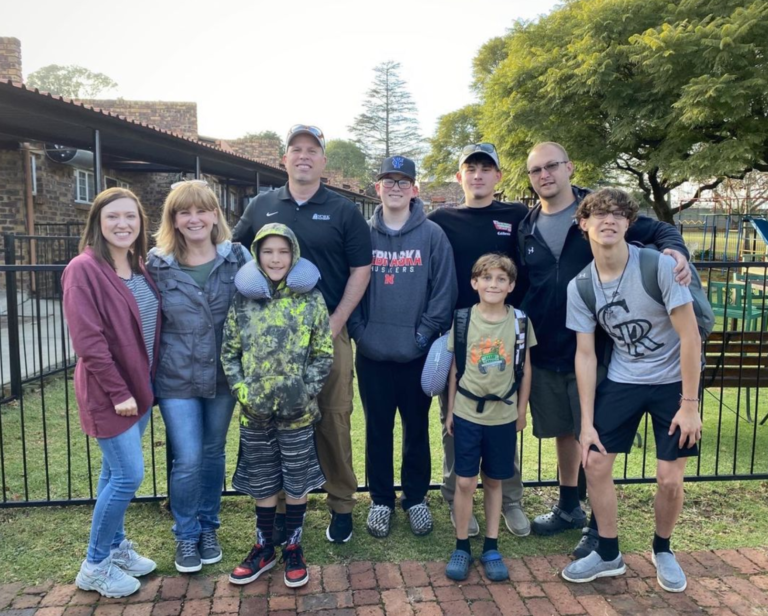
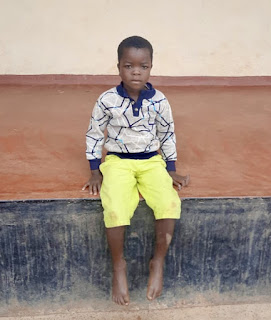
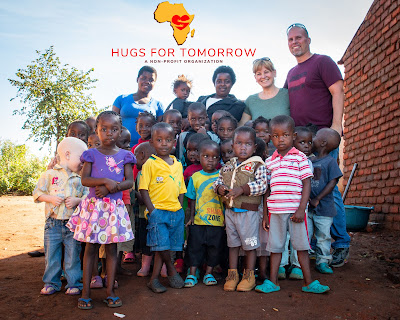
Thank you for the update! It’s so exciting to see how much the program has grown and to recognize how much potential there is there for the children and families of Malawi.
We love you and are praying for the work in Malawi as well as the work at York.
Cindy, we’re counting on those prayers. Thank you!
Prayers for Hugs kids, the kids on the street, Susan and Snoden, and you John and Sam and your boys. Love, Peace and Joy to you
Thank you so much, Lonnie! We always appreciate the feedback and certainly the prayers.